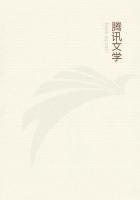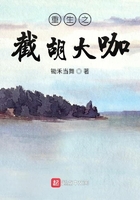THE LIKENESS OF GOD
In my last chapter I endeavoured [sic] to show that each living being, whether animal or plant, throughout the world is a component item of a single personality, in the same way as each individual citizen of a community is a member of one state, or as each cell of our own bodies is a separate person, or each bud of a tree a separate plant. We must therefore see the whole varied congeries of living things as a single very ancient Being, of inconceivable vastness, and animated by one Spirit.
We call the octogenarian one person with the embryo of a few days old from which he has developed. An oak or yew tree may be two thousand years old, but we call it one plant with the seed from which it has grown. Millions of individual buds have come and gone, to the yearly wasting and repairing of its substance; but the tree still lives and thrives, and the dead leaves have life therein. So the Tree of Life still lives and thrives as a single person, no matter how many new features it has acquired during its development, nor, again, how many of its individual leaves fall yellow to the ground daily. The spirit or soul of this person is the Spirit of God, and its body-for we know of no soul or spirit without a body, nor of any living body without a spirit or soul, and if there is a God at all there must be a body of God-is the many-membered outgrowth of protoplasm, the ensemble of animal and vegetable life.
To repeat. The Theologian of to-day tells us that there is a God, but is horrified at the idea of that God having a body. We say that we believe in God, but that our minds refuse to realise [sic] an intelligent Being who has no bodily person. "Where then," says the Theologian, " is the body of your God?" We have answered, "In the living forms upon the earth, which, though they look many, are, when we regard them by the light of their history and of true analogies, one person only." The spiritual connection between them is a more real bond of union than the visible discontinuity of material parts is ground for separating them in our thoughts.
Let the reader look at a case of moths in the shop-window of a naturalist, and note the unspeakable delicacy, beauty, and yet serviceableness of their wings; or let him look at a case of humming-birds, and remember how infinitely small a part of Nature is the whole group of the animals he may be considering, and how infinitely small a part of that group is the case that he is looking at. Let him bear in mind that he is looking on the dead husks only of what was inconceivably more marvellous [sic] when the moths or humming-birds were alive. Let him think of the vastness of the earth, and of the activity by day and night through countless ages of such countless forms of animal and vegetable life as that no human mind can form the faintest approach to anything that can be called a conception of their multitude, and let him remember that all these forms have touched and touched and touched other living beings till they meet back on a common substance in which they are rooted, and from which they all branch forth so as to be one animal. Will he not in this real and tangible existence find a God who is as much more worthy of admiration than the God of the ordinary Theologian-as He is also more easy of comprehension?
For the Theologian dreams of a God sitting above the clouds among the cherubim, who blow their loud uplifted angel trumpets before Him, and humour [sic] Him as though He were some despot in an Oriental tale; but we enthrone Him upon the wings of birds, on the petals of flowers, on the faces of our friends, and upon whatever we most delight in of all that lives upon the earth. We then can not only love Him, but we can do that without which love has neither power nor sweetness, but is a phantom only, an impersonal person, a vain stretching forth of arms towards something that can never fill them-we can express our love and have it expressed to us in return. And this not in the uprearing of stone temples-for the Lord dwelleth [sic] in temples made with other organs than hands-nor yet in the cleansing of our hearts, but in the caress bestowed upon horse and dog, and kisses upon the lips of those we love.

